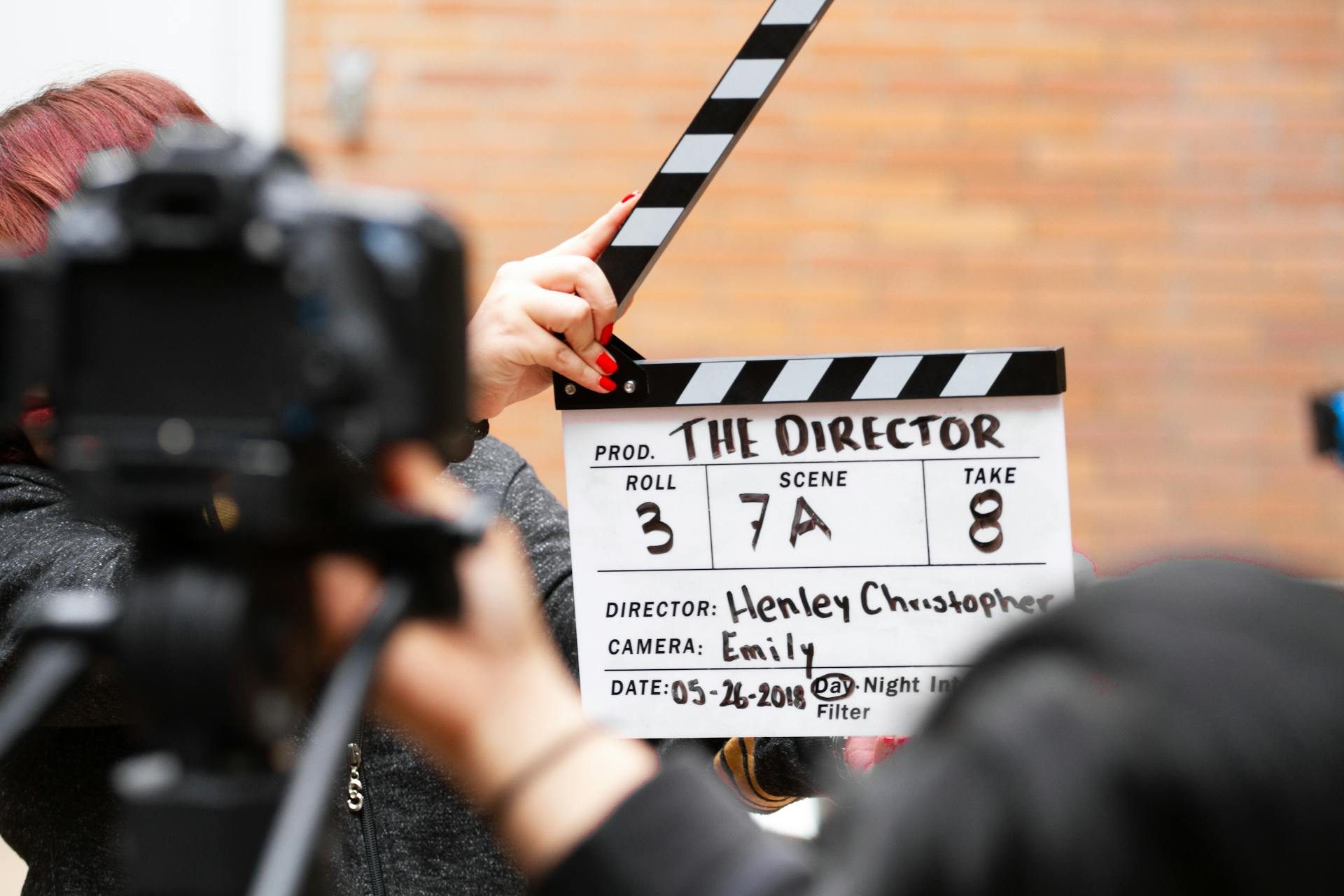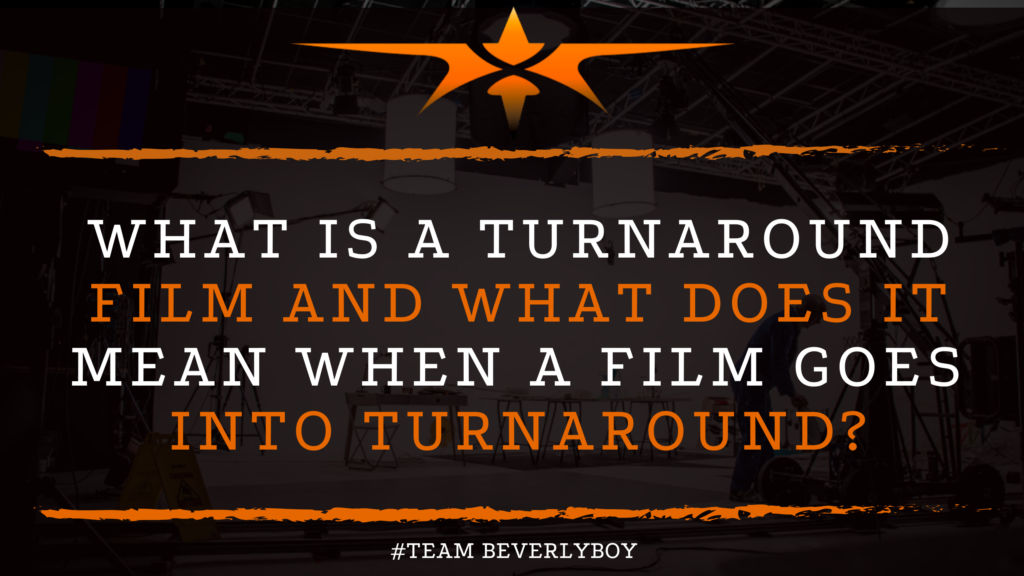What is a Turnaround Film and What Does it Mean When a Film Goes into Turnaround?
As members of the film industry know all too well, nothing is guaranteed, and things could change in an instant. This is true in a lot of different scenarios in filmmaking, but nothing is more difficult to accept than when a film becomes a turnaround. You might have heard the term “turnaround film” expressed in the industry before and you probably wondered, “What is a turnaround film?” Or, more importantly, what does it mean when a film goes into turnaround and why is it so hard to accept?

What is a Turnaround Film?
Some refer to it as development hell. Others just call it a wash. Either way, you definitely don’t want your film becoming a turnaround. So what is a turnaround film and why is it so bad?
Legally speaking, a turnaround film represents a motion picture project that is at some phase of development, pre-production or genera production when further production is immediately halted. A turnaround film typically has already acquired a substantial amount of recoverable debt up to this point but the individuals holding the rights to the production have opted out and do not wish to continue further.
If you think of it as turning around, from one production studio to another, you’ll be able to remember the premise of a turnaround film a little bit easier. Essentially, a turnaround film represents a project that has sat in development for many months or possibly years with a particular studio. It may be waiting for the greenlight, or it’s possible that the film was already greenlit and pre-production has begun. However, there is something holding production back.

Is a Turnaround Film a Dead Project?
Not technically, but it could be if steps are not taken to create interest among another producer or studio in order to get the project back into a position in which it is able to continue further with production. When a film goes into turnaround, the studio that has given up on the project is saying that they are willing to sell the project to another studio or producer in hopes of recuperating their costs. While the project is technically dead to the owning studio, another studio is likely to pick the project up if there is adequate interest and love for the underlying topic the film is slated to cover.
Although a project going into turnaround is certainly not ideal and won’t make the crew happy, for films that have been in development hell for months or even years, it can be a reprieve. In fact, when a film goes into turnaround it signifies that although the studio and crew laboring over the project have decided to let the project move on with another company, it’s easier to see a film go into turnaround than it is to see a film just completely fizzle out without any intention of reigniting the production process.
What Causes a Film to Go Into Turnaround?
As we seek to answer the question, “what is a turnaround film?” You’re probably wondering what causes a film to go into turnaround. The reality is, a film can go into turnaround for a variety of reasons and they are not always predictable or preventable. A film may go into turnaround after encountering problems with pre-production or after some sort of a holding pattern caused the entire production process to go stale.
There’s really no sure way to tell that a film is going to go into turnaround, but there are some signs that turnaround if eminent, including:
- A key person that is responsible for the project bails. Such as the Director, Producer, or a Star Actor.
- The studio or original owners of the film are no longer interested in production.
- The film no longer meets the goals or intentions of the studio.
- An unexpected struggle occurs in financing or some other issue.
- The subject of the film has become unpalatable to the studio’s audience.
The Downside to Purchasing a Turnaround Film
So what is a turnaround film? It’s a film that has found itself into some point of production in which there is no longer a desire or plan for the film to be further produced and the owning studio is ready to write the project off, accepting their losses. The film is to be sold to another studio or producer in order to recuperate the investment that was made up to this point rather than let the project entirely fizzle out.
This might sound like opportunity to a studio that is interested in purchasing the partially produced film, but there are some potential downsides to purchasing a turnaround film project. Because the project already made it through the early stages of development and pre-production, the cost of buying the original property is going to be higher than it would normally be for a studio to purchase rights to a film. This is because they are not just purchasing the script or the rights to produce, but rather the work that has been done up to this point. Plus, the previous owner is seeking to recuperate as much of their investment into the project as they can get.
While it may cost more, it’s possible that a studio that purchases a turnaround film can benefit greatly if they are careful with their investment. Although turnaround films have potentially had their troubles in early production with their initial owners, there have been many past turnaround films that have become incredibly popular in the long run. So when we answer the question, “What are turnaround films?” It’s important for us to include that not only are turnaround films those which a studio has lost interest in production or some reason, they are not necessarily films that are not worth production. Many go on to be incredibly successful.

